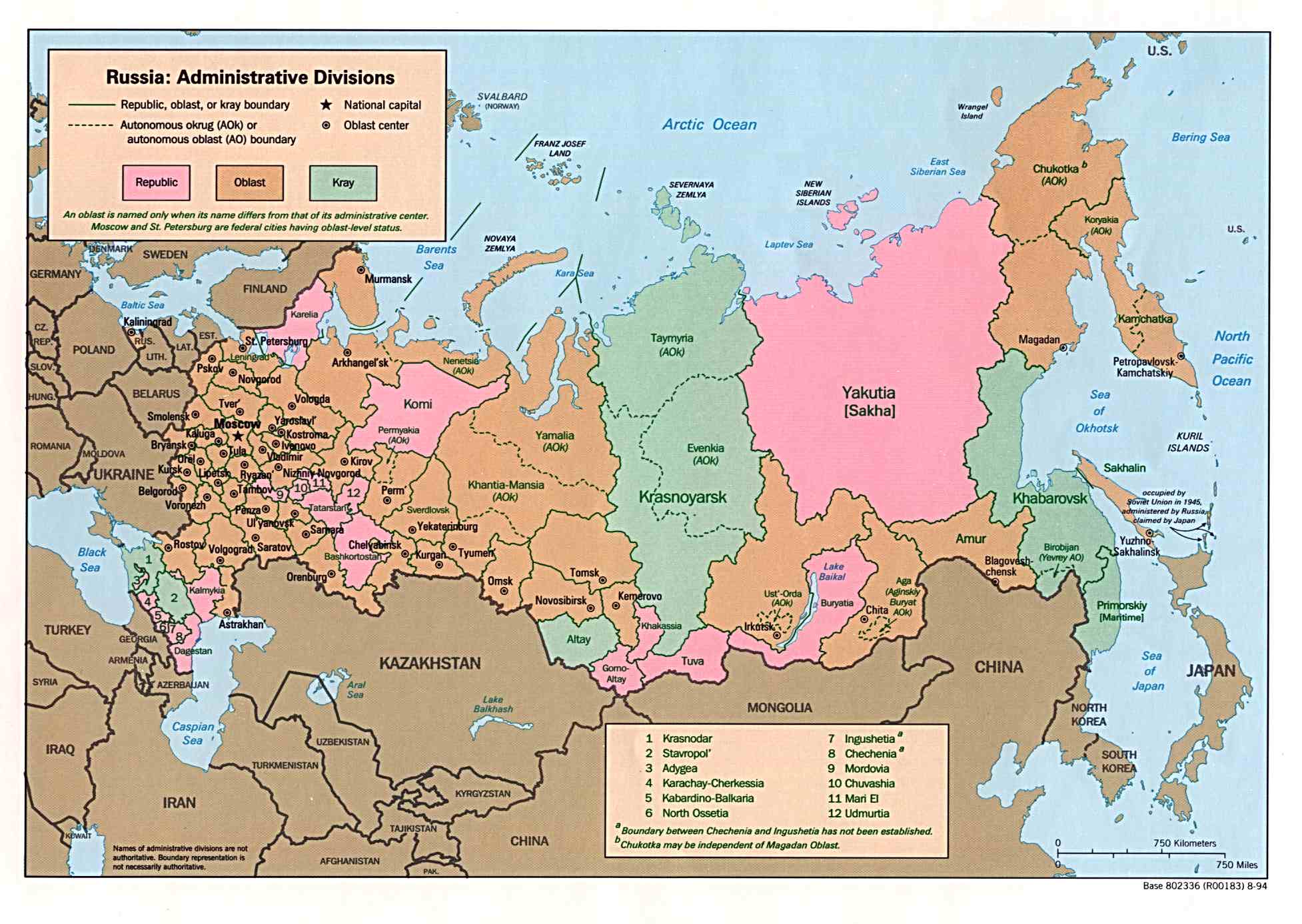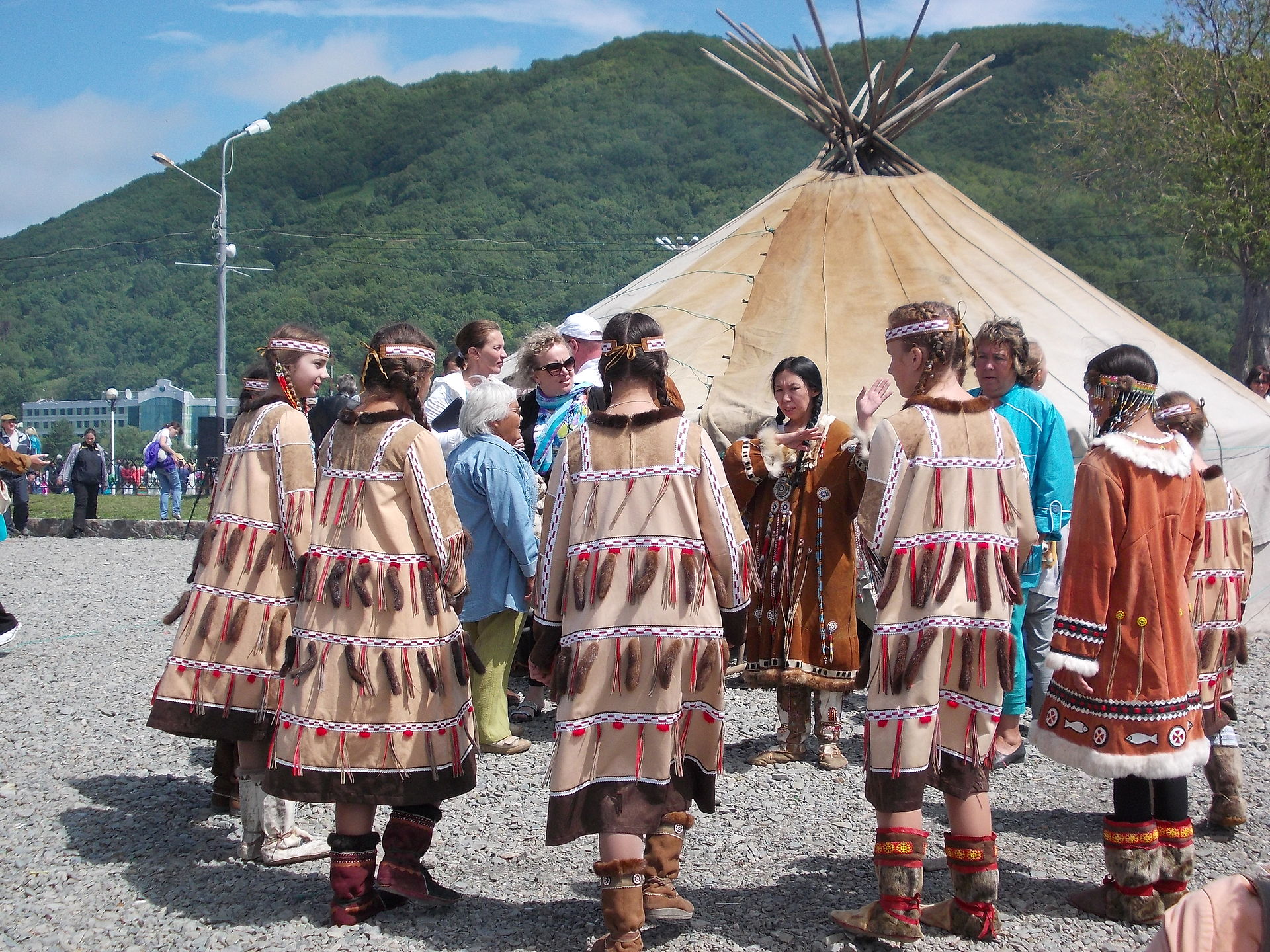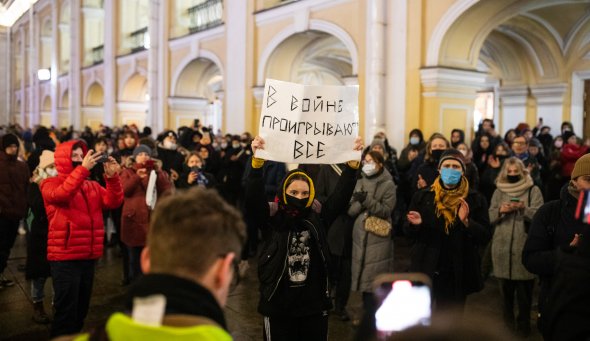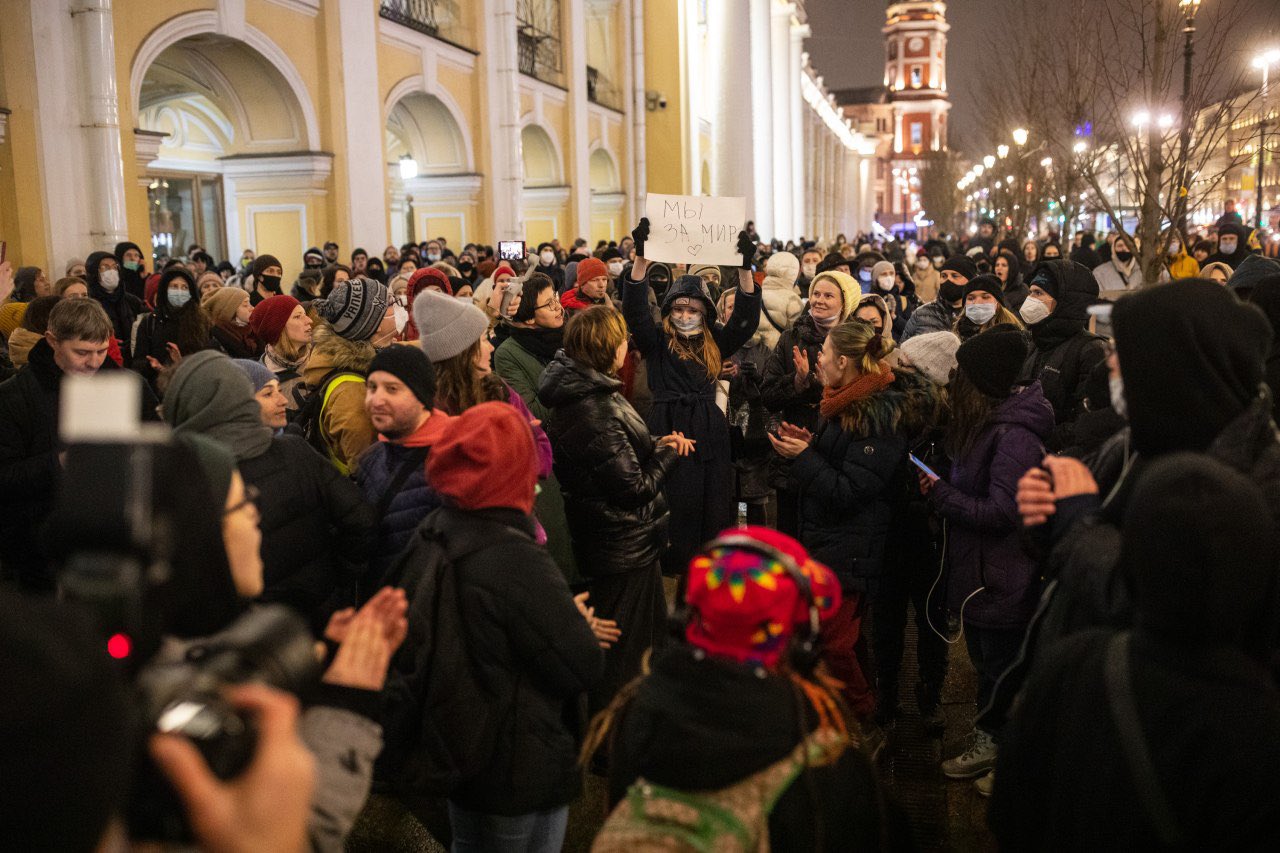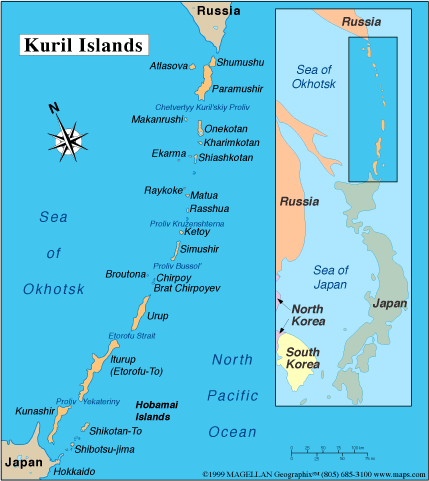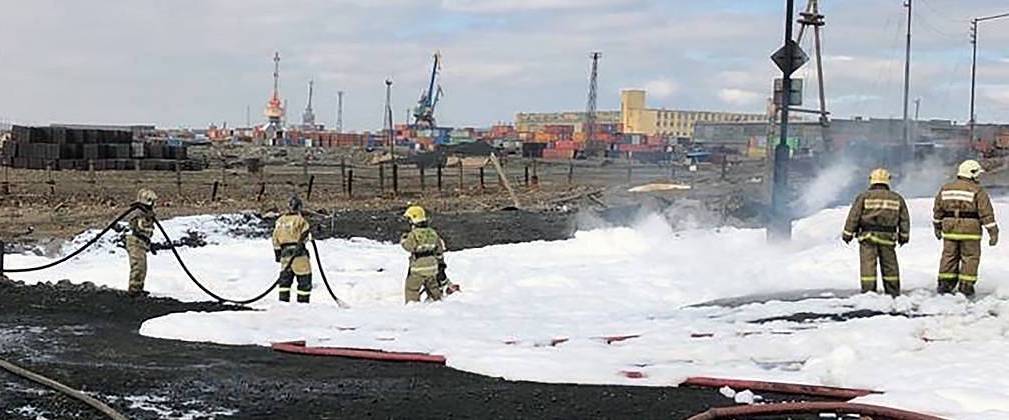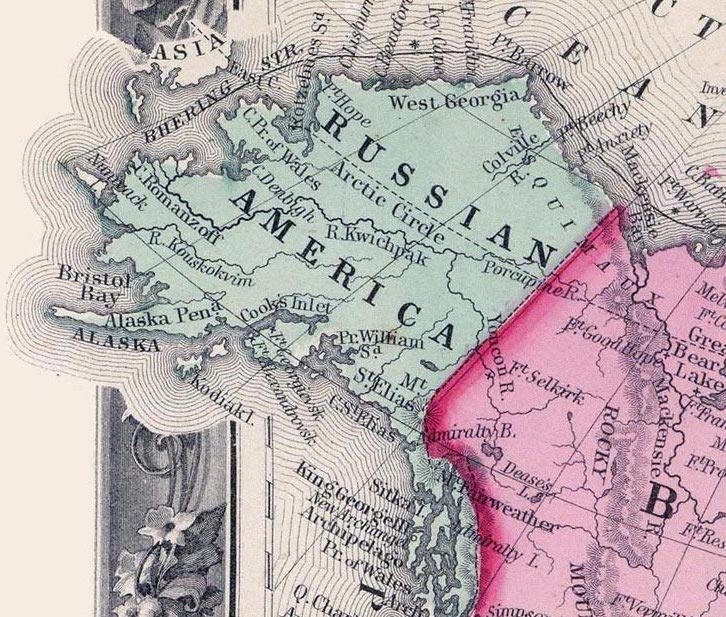
Russia: irredentist claims on Alaska
The speaker of Russia’s lower house of parliament threatened to “claim back” Alaska if the United States freezes or seizes Russian assets in retaliation for its invasion of Ukraine. “Let America always remember: there’s a piece of territory, Alaska,” Vyacheslav Volodin said at the last session of the State Duma before summer break. “When they try to manage our resources abroad, let them think before they act that we, too, have something to take back,” Volodin said. He noted that deputy speaker Pyotr Tolstoy had recently proposed holding a referendum in Alaska on joining Russia. The day after Volodin’s comments, billboards proclaiming “Alaska Is Ours!” appeared in the Siberian city of Krasnoyarsk, apparently placed by a local “patriot.” (Map via Wikipedia)



